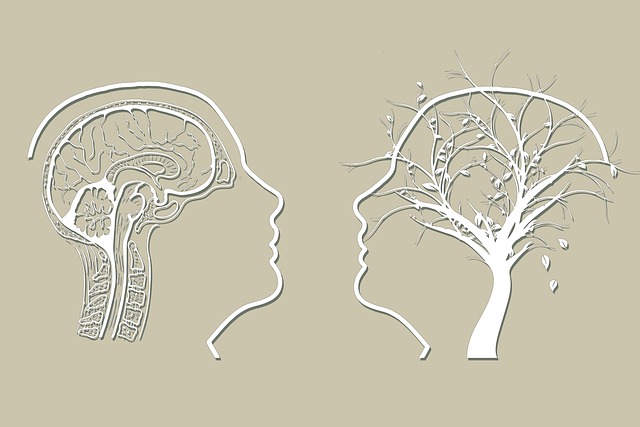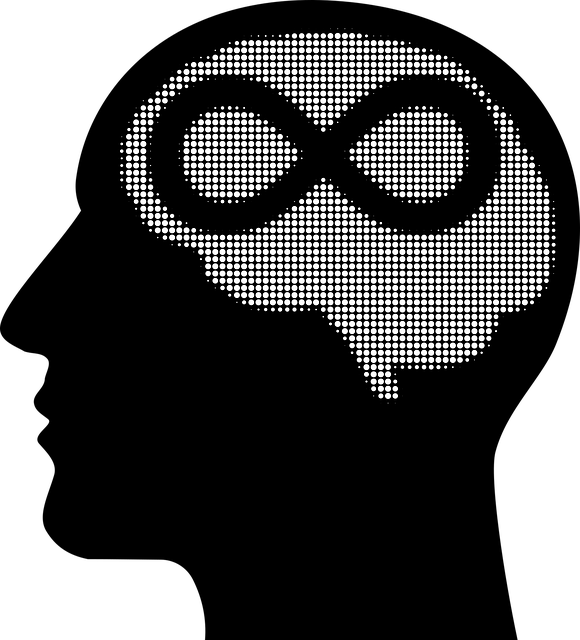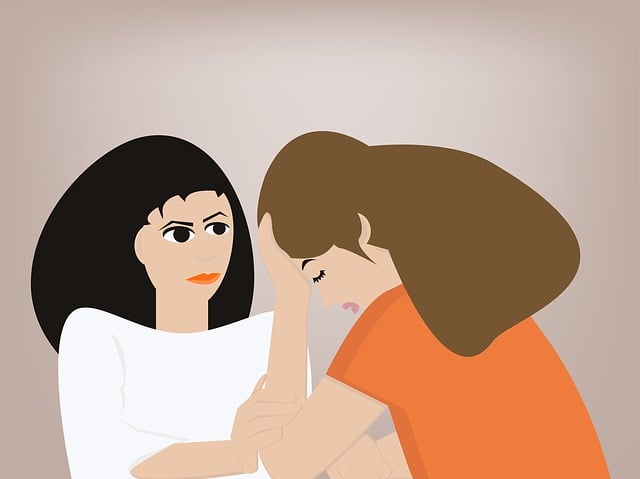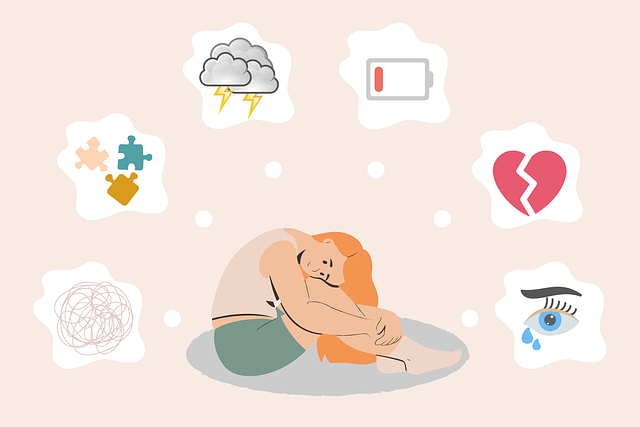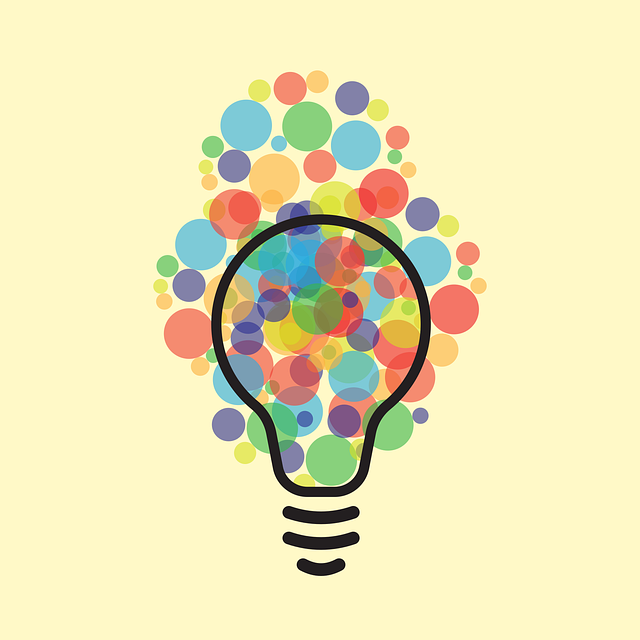Mental wellness is a critical aspect of adolescent development, as unaddressed issues can significantly impact academic and personal life. Westminster Adolescent and Teen Therapy offers tailored programs to empower teens with emotional awareness and coping strategies through journaling, which aids in processing emotions, developing resilience, and managing stress. Regular journaling routines, encouraged by Westminster, enhance self-care and provide a safe space for reflection, ultimately fostering mental wellness and empowering teens to navigate life's challenges.
Mental wellness is a cornerstone of overall health, especially for adolescents and teens navigating life’s challenges. This article explores the profound impact of mental wellness on this demographic and introduces journaling as a powerful therapy tool in Westminster adolescent and teen therapy. We delve into how structured journaling routines can enhance self-awareness, support emotional regulation, and foster resilience, ultimately empowering young individuals to thrive. Discover practical guidance for creating an effective mental wellness journaling practice tailored to the unique needs of adolescents and teens.
- Understanding Mental Wellness and its Impact on Adolescents and Teens
- The Power of Journaling as a Therapy Tool for Westminster Adolescent and Teen Clients
- Creating an Effective Mental Wellness Journaling Routine
Understanding Mental Wellness and its Impact on Adolescents and Teens

Mental wellness is a vital aspect of overall health, especially for adolescents and teens navigating the complexities of growing up. This period is characterized by rapid cognitive, emotional, and social development, making it a crucial time to foster positive mental health habits. Unaddressed mental health issues can lead to significant challenges, such as burnout prevention, affecting academic performance, interpersonal relationships, and future prospects.
Westminster Adolescent and Teen Therapy recognizes the unique pressures young individuals face today. The pursuit of excellence in school, social media influences, peer dynamics, and the general demand for instant gratification can contribute to heightened stress levels and a higher risk of trauma support services being needed. Mental health education programs designed with an adolescent-centric approach can empower teens to recognize their emotional cues, develop coping strategies, and foster resilience. By investing in these early interventions, we can ensure a brighter future where our young people thrive both academically and personally.
The Power of Journaling as a Therapy Tool for Westminster Adolescent and Teen Clients

Journaling has emerged as a powerful therapy tool for Westminster adolescent and teen clients, offering a safe space to express emotions and thoughts. By putting pen to paper, young individuals can gain valuable insights into their mental states, process challenging experiences, and develop coping mechanisms. This simple yet effective practice is particularly beneficial in managing stress, which is often a significant concern among adolescents today. Regular journaling allows teens to identify triggers, track progress, and cultivate self-awareness—essential skills for navigating the complexities of adolescence.
In the context of Westminster adolescent and teen therapy, journaling serves as a bridge between sessions, enabling clients to reflect and apply therapeutic insights in their daily lives. It encourages self-exploration, fosters resilience, and can even be a creative outlet for processing complex emotions. Moreover, public awareness campaigns development and stress management workshops organization can incorporate journaling exercises to empower young people with tools to enhance their mental wellness.
Creating an Effective Mental Wellness Journaling Routine

Creating a consistent journaling routine can be a powerful tool for improving mental wellness, especially for adolescents and teens navigating life’s challenges. At Westminster Adolescent and Teen Therapy, we encourage our clients to embrace this practice as a form of self-care. Start by setting aside dedicated time each day or week for your journal—a moment when you can reflect and process your thoughts and emotions without interruption. Consistency is key; whether it’s 10 minutes daily or an hour weekly, stick to the schedule to develop a habit.
Incorporate various journaling techniques to keep things engaging. This could include writing about your day, expressing gratitude for small wins, reflecting on challenges, or exploring creative outlets like drawing or collage. The goal is to make it a safe and enjoyable space where you can process experiences, track progress in managing stress (a focus of many Stress Management Workshops), and develop a deeper understanding of yourself. Consider joining a supportive community or seeking guidance from Mental Wellness Coaching Programs Development resources for additional inspiration and motivation to maintain this empowering practice.
Mental wellness journaling can be a transformative practice for adolescents and teens, offering them a safe space to process emotions, reflect on experiences, and cultivate self-awareness. By integrating this simple yet powerful tool into their routines, Westminster adolescent and teen therapy clients can develop resilience and coping strategies that support their overall mental health. With consistent practice, journaling becomes an invaluable resource for navigating life’s challenges and fostering personal growth.

